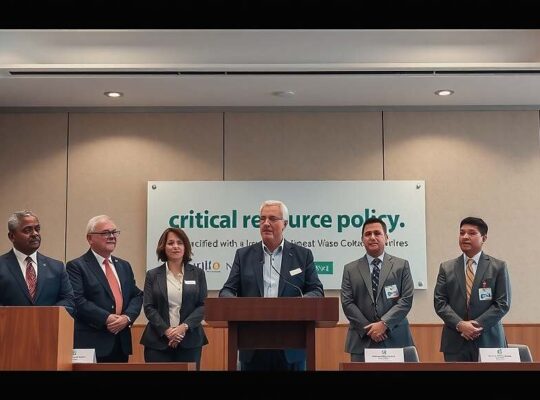A coalition government in Germany is proposing a substantial €500 million investment to tackle Long Covid and Myalgic Encephalomyelitis/Chronic Fatigue Syndrome (ME/CFS), signaling a significant shift in the nation’s approach to these debilitating conditions. An internal policy paper, revealed by “Der Spiegel”, portrays these illnesses as “one of the greatest health policy challenges of the 21st century” impacting an estimated 1.5 million individuals within Germany, largely a consequence of the lingering effects of the COVID-19 pandemic.
Former Health Minister Karl Lauterbach (SPD) and CDU parliamentarian Stephan Albani, the authors of the paper, emphasize that these are not merely symptomatic aftereffects of infection. Rather, they are described as “complex, multi-system diseases” exhibiting a wide range of symptoms, from profound fatigue to severe pain and neurological dysfunction. The proposed investment aims to move beyond symptomatic relief and pursue a deeper understanding of the underlying mechanisms.
The strategic framework draws inspiration from the “National Decade Against Cancer” with policymakers highlighting the framework’s structural successes as potentially transferable to research addressing post-infectious diseases. Initial funding of €15 million is earmarked for research starting in 2026, escalating to an annual allocation of €50 million from 2027 through 2036.
While the pledge represents a considerable financial commitment, critics are already questioning the timing and scope of the plan. Some patient advocacy groups have voiced concerns that previous promises of increased research funding have fallen short and that a purely research-focused approach neglects the urgent need for improved diagnostic tools and accessible treatment options for those currently suffering. The ambitious goal of developing curative treatments by the mid-2030s has also been met with a degree of skepticism amongst the scientific community, given the complexities of these conditions.
Furthermore, the paper’s focus on mirroring the “National Decade Against Cancer” raises questions about the applicability of that model, given the vastly different underlying disease processes. Some experts argue that a more integrated approach, involving greater collaboration between researchers, clinicians and patient representatives, is crucial for ensuring that the investment yields meaningful results and effectively addresses the multifaceted needs of the affected population. The move also arguably highlights the belated recognition of the significant societal and economic burden posed by Long Covid and ME/CFS, prompting broader discussions about preparedness for future pandemics and the long-term health consequences of infectious diseases.












